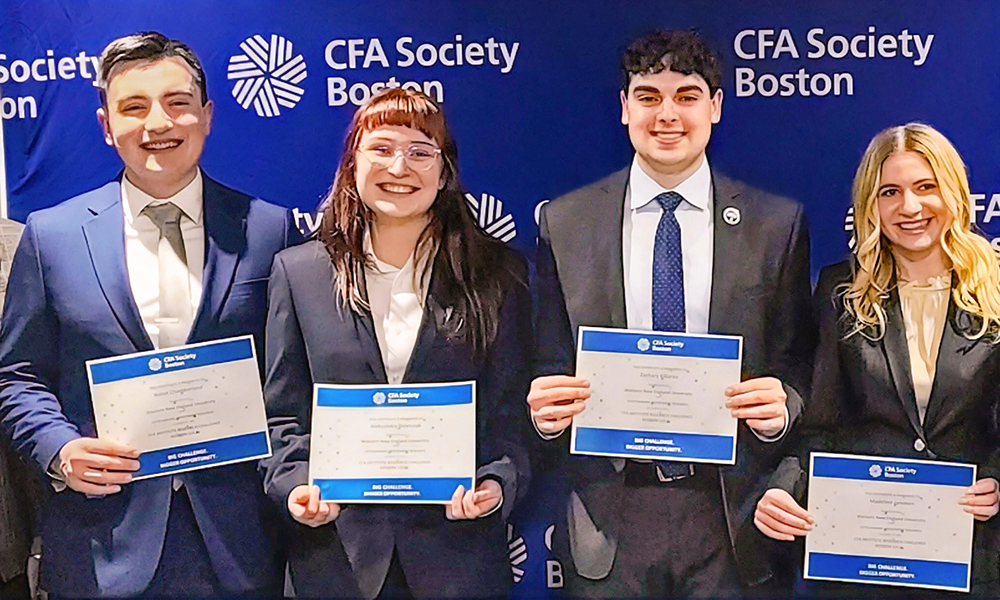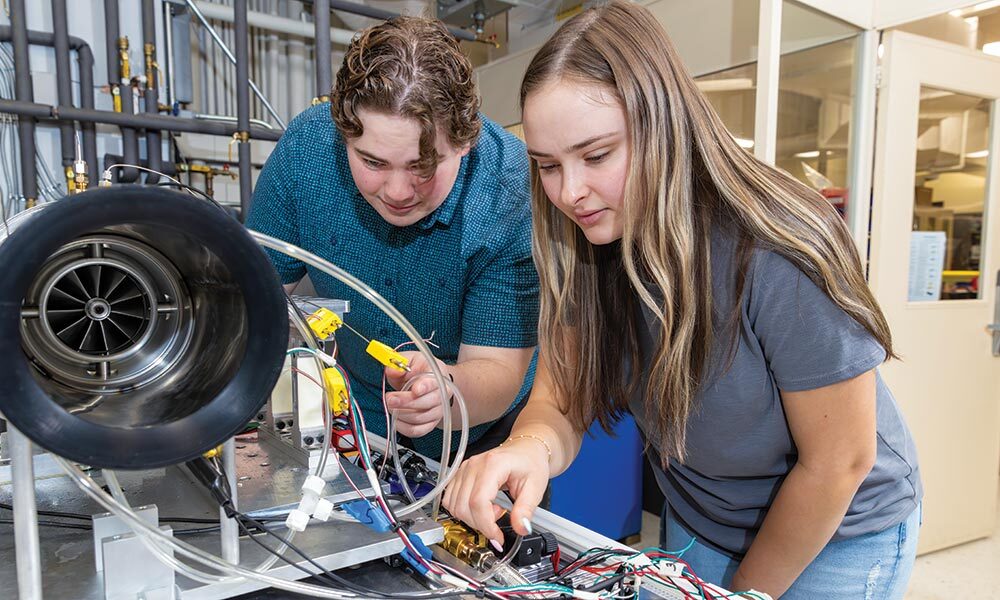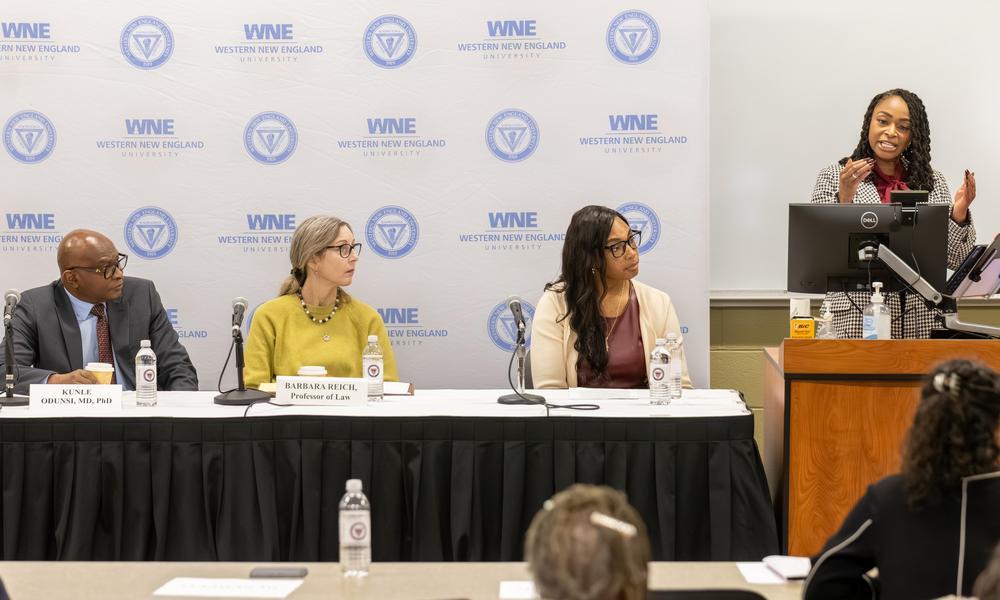Western New England University (WNE) announces it has been awarded a $300,000 grant from the U.S. Department of Agriculture’s National Institute of Food and Agriculture (USDA-NIFA) to pioneer an innovative nutrition-based nanomedicine approach to Alzheimer’s disease.
The project, “Unlocking the Power of Blueberries: A New Approach to Alzheimer’s Disease through Precision Nutrition and the Microbiota–Gut–Brain Axis,” will be led by Dr. Shuhua Bai, Professor of Pharmaceutics at WNE’s College of Pharmacy and Health Sciences. Dr. Bai is joined by a distinguished multidisciplinary team including Professor and Dean John Pezzuto, a leading figure in nutritional biology; Dr. Tianzhi Yang, who specializes in precision medicine; Dr. Eun-Jung Park, an expert in nutrigenomics; and external collaborator Dr. Amal Kaddoumi, a renowned researcher in neurodegenerative disease therapy at the Medical College of Georgia.
Alzheimer’s disease remains one of the most urgent public health challenges, affecting millions of Americans with no cure currently available. This research will explore how nanoscale vesicles naturally found in blueberries, known as exosomes, can deliver protective bioactive molecules that influence gut health, brain inflammation, and cognitive function. By focusing on the microbiota–gut–brain axis, the team aims to create a blueberry-based nutrition strategy tailored to the gut microbiome of individuals at risk for Alzheimer’s disease.
“This USDA-NIFA award provides an exciting opportunity to explore how natural food-derived nanomedicine can shape the future of Alzheimer’s prevention and therapy,” said Dr. Bai. “By harnessing blueberry-derived exosomes, we hope to establish new, safe, and nutrition-based strategies that protect brain health and improve the lives of patients and families affected by this devastating disease.”
The project also emphasizes student engagement, actively involving graduate and undergraduate students in laboratory research, individualized training, and applied problem-solving. This hands-on approach reflects WNE’s commitment to preparing the next generation of scientists and healthcare innovators.
“We are deeply grateful to USDA-NIFA for supporting this important research,” said Dr. Pezzuto, Professor and Dean of the College of Pharmacy and Health Sciences. “This investment underscores the power of connecting agriculture, nutrition, and human health to address some of society’s most pressing challenges. It also highlights WNE’s role as a growing hub for interdisciplinary research that bridges science and real-world impact.”
The long-term vision is to pave the way for accessible, nutrition-based interventions that not only preserve cognitive resilience but also benefit healthcare providers, agricultural stakeholders, food scientists, and biotechnology companies seeking to translate nutritional science into meaningful therapeutic applications.





